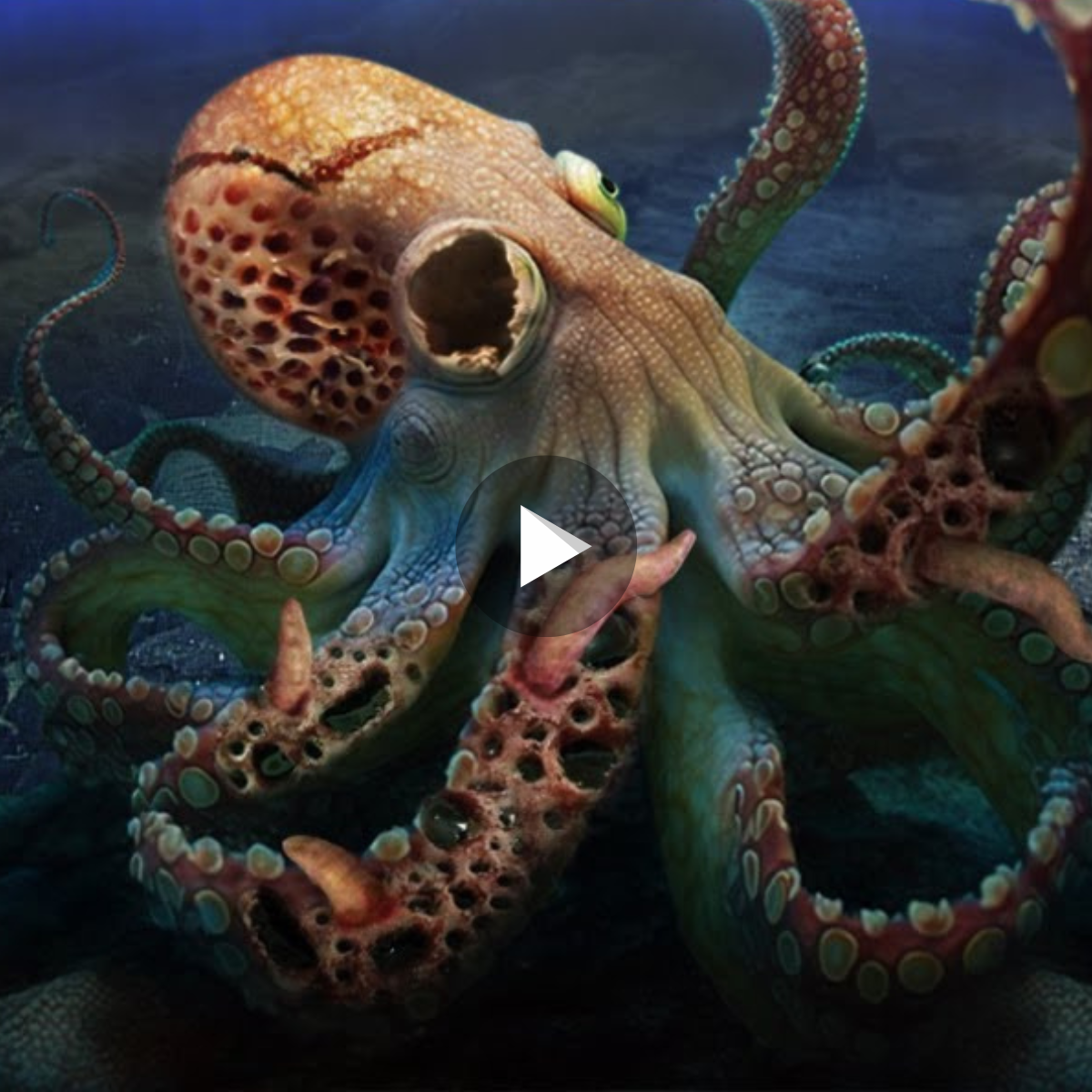[Opening shot of an octopus swimming in the ocean]
Narrator: Octopuses are fascinating creatures, known for their intelligence and unique abilities. But one of their behaviors remains a mystery: self-destruction after mating.
[Cut to an interview with a marine biologist]
Marine biologist: It’s a phenomenon we’ve observed in some octopus species, where the male will mate with a female and then die shortly after. It’s a post-reproductive behavior that’s still not fully understood.

[Cut to a shot of octopuses mating]
Narrator: During mating, the male octopus will transfer sperm to the female using a specialized arm called a hectocotylus. After mating, the male will experience a decline in health, stop eating, and ultimately die.
[Cut to an interview with a researcher]
Researcher: One theory is that this behavior is an adaptation to ensure that the male’s genes are passed on to future generations. By sacrificing themselves, they ensure that their offspring have the best chance of survival.
[Cut to a shot of an octopus]
Narrator: Another theory is that the male is simply using all of its energy for mating, and doesn’t have enough energy left to survive.
[Cut to an interview with a scientist]
Scientist: We still have much to learn about this behavior, and why it’s only observed in certain octopus species. But it’s clear that octopuses have complex behaviors and social lives that we’re only beginning to understand.
[Cut to a shot of an octopus swimming in the ocean]
Narrator: The mystery of self-destruction after mating in octopuses is just one example of the many fascinating aspects of these creatures.
[Closing shot of an octopus swimming in the ocean]
Narrator: Keep exploring the wonders of the ocean and stay curious about the mysteries that lie beneath the waves.
[End screen with a call-to-action to subscribe to the channel and check out other videos]
video:
